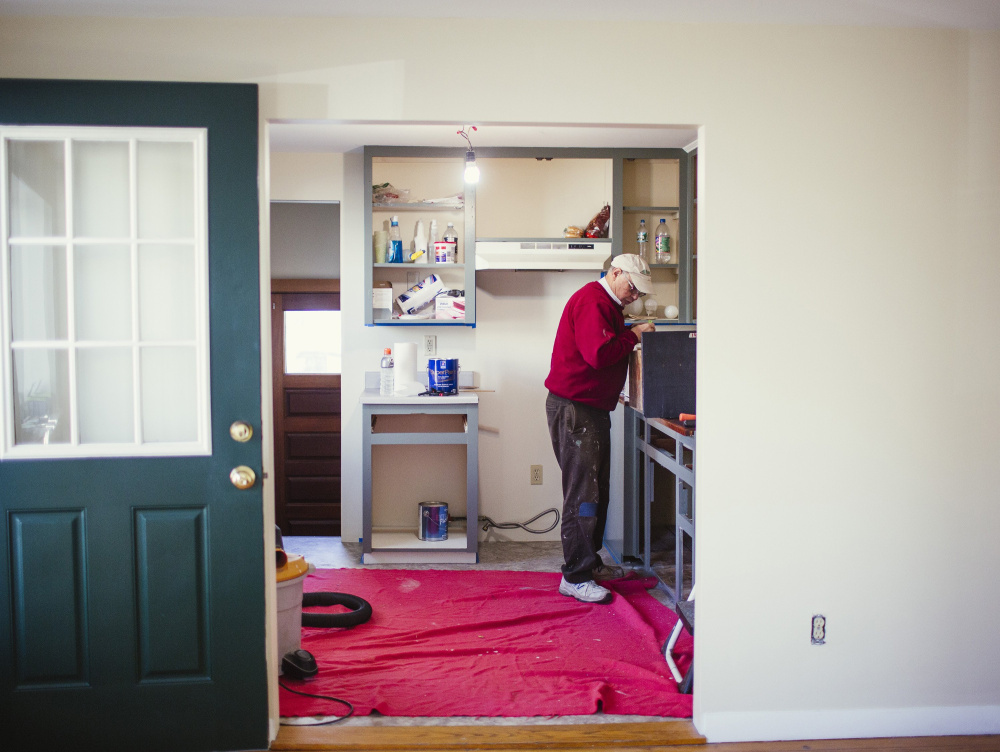When you need a building permit, Portland will make you wait.
That’s what you hear at City Council meetings, at candidate forums and at places where builders, architects and homeowners gather.
South Portland and Westbrook can issue a permit in a week, but in Portland it takes more than a month. And it’s not just the big, high-profile developments that run into delays, but also permits to put in a set of stairs outside a restaurant or a backyard deck in a private home.
So we think that City Manager Jon Jennings is on the right track with his proposal to speed up the permitting process and bring Portland into line with its neighbors.
It makes news when a big developer runs into a roadblock at City Hall, but they are usually financed well enough to hire lawyers and planning professionals who can guide them through the process. It’s the smaller-scale projects with tight budgets that run into serious trouble when there are delays.
Jennings’ proposal is to take the small, routine projects out of the pipeline that also includes the big, complex projects that require extensive review by staff and the Planning Board. Jennings estimates that small residential renovation projects make up 60 percent of the approximately 1,500 permit applications that come into City Hall.
Jennings proposes creating an office that would consolidate inspections, building permits, business licensing and zoning questions in one place. In some cases, applicants could obtain a permit on the spot.
In others, a staff member could speed up the process by identifying missing information on the application and getting the form back to the applicant, instead of putting it at the bottom of a pile to gather dust.
The price tag on the proposal seems high: Jennings estimates that adding staff and updating software would increase costs by $580,000, which he said could be paid for with a small increase on the permit fees.
The City Council’s Economic Development Committee will have to determine if this is the right approach, or if the same result could be achieved for less without creating a new department.
But in judging the costs, the council should consider how much new taxable value each small building project contributes to the city, as well as the very real costs of running a city that doesn’t work.
Send questions/comments to the editors.



Success. Please wait for the page to reload. If the page does not reload within 5 seconds, please refresh the page.
Enter your email and password to access comments.
Hi, to comment on stories you must . This profile is in addition to your subscription and website login.
Already have a commenting profile? .
Invalid username/password.
Please check your email to confirm and complete your registration.
Only subscribers are eligible to post comments. Please subscribe or login first for digital access. Here’s why.
Use the form below to reset your password. When you've submitted your account email, we will send an email with a reset code.